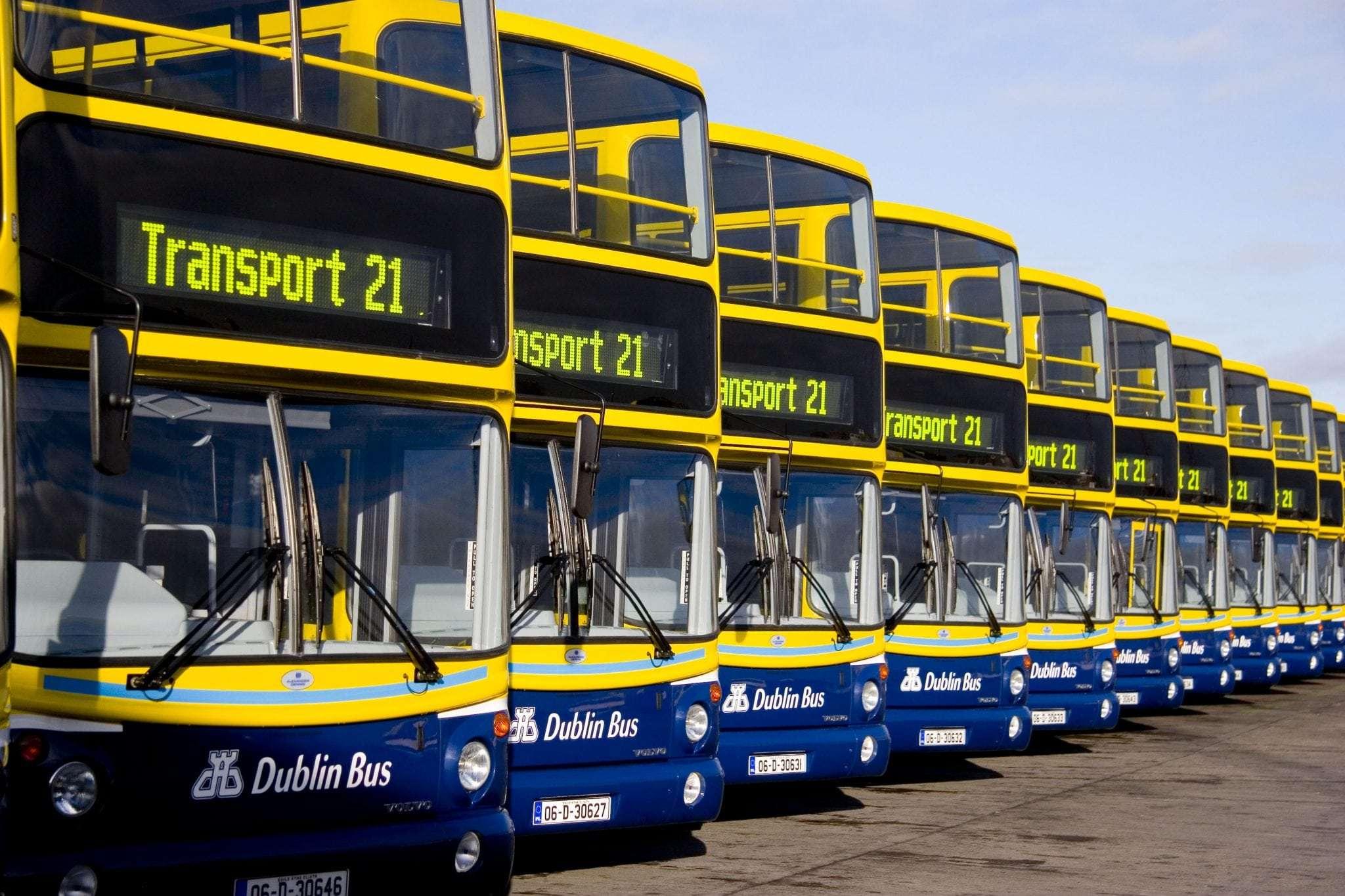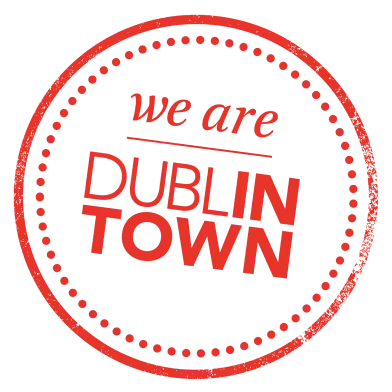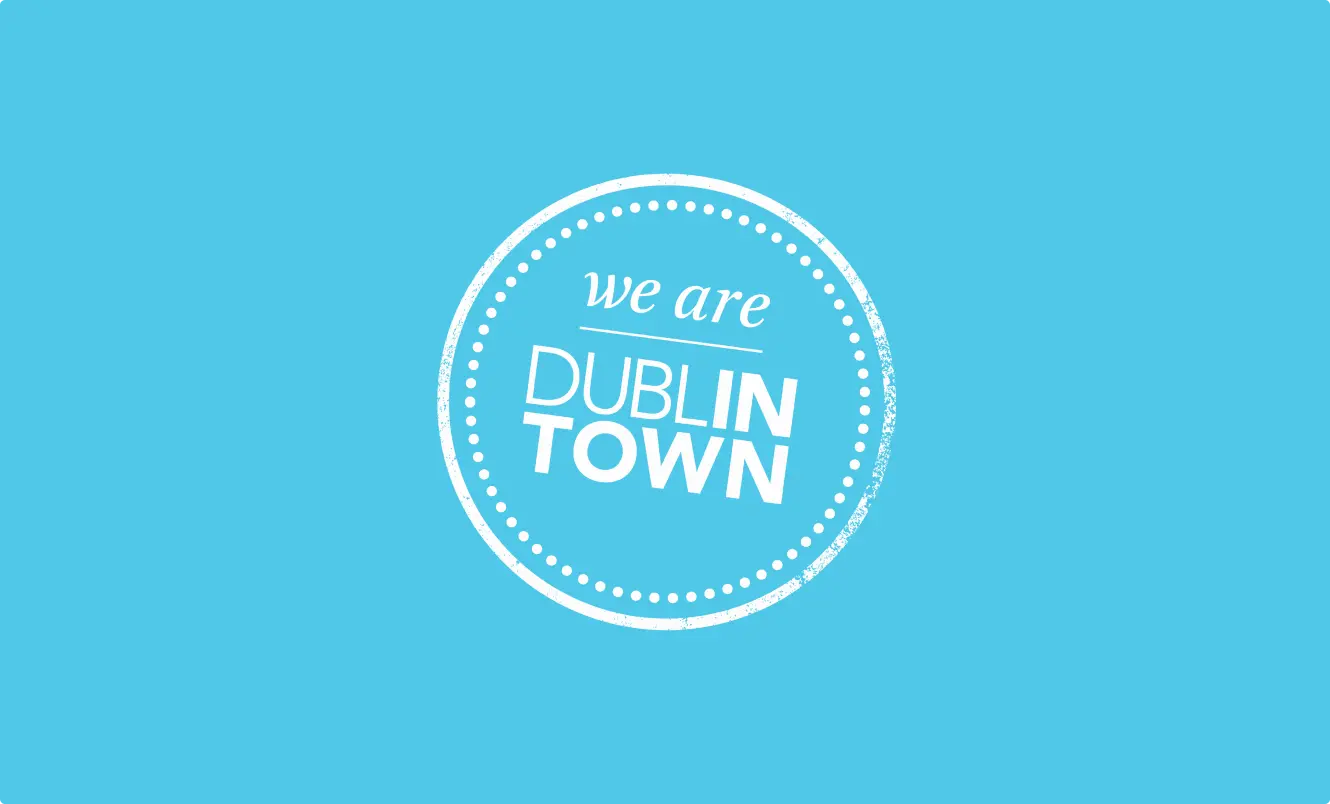Dublin Bus strike action sees a significant drop in footfall into the city

- Thu 15 September, 2016
Figures released by DublinTown have shown that the first of three planned strike actions by Dublin Bus had a significant impact on footfall and spend in the city centre.
The bus strike took place on September 8th and 9th, during the week of the Dublin Fashion Festival (September 5th -11th).
Each year the city experiences a boost in footfall during the fashion festival, however this was not the case during the days of industrial action. The city’s footfall was down by 9% compared with Thursday and Friday of the previous week. As anticipated the Saturday and Sunday of the fashion festival was up by 11.5% compared with the previous weekend.
Based on footfall before and after the strike action, we had a realistic expectation to see an 8% increase that Thursday and Friday, instead there was a decline of 9% giving rise to a swing of 17%.
Footfall was up every day that week except for the days of industrial action. Comparing Monday – Wednesday and Saturday – Sunday with the strike day figures, we can see a swing of 12%.
DublinTown also surveyed its members to ascertain the impact on sales. 90% of respondents noted that sales were down on the days of the strike. Convenience stores were most negatively impacted with declines in sales of 40% being common in the sector. Overall the most typical decline was in the region of 20 to 25%.
DublinTown CEO Richard Guiney said: “DublinTown fears a prolonged bus strike. In a survey conducted by Millward Browne on behalf of the National Transport Authority in December 2014, it was found that 42% of people coming to the city to shop and socialise use the bus. Experience of previous strikes suggest that we stand to lose 40-60% of those customers. This has the potential to give rise to a reduction in sales of 15-20%. Such losses are unsustainable.”
“We will continue to monitor the situation but we are concerned that there is no end in sight to the strike. We encourage all parties to consider the wider economic significance of the bus in the context of the Dublin economy and to settle this dispute sooner rather than later.”


